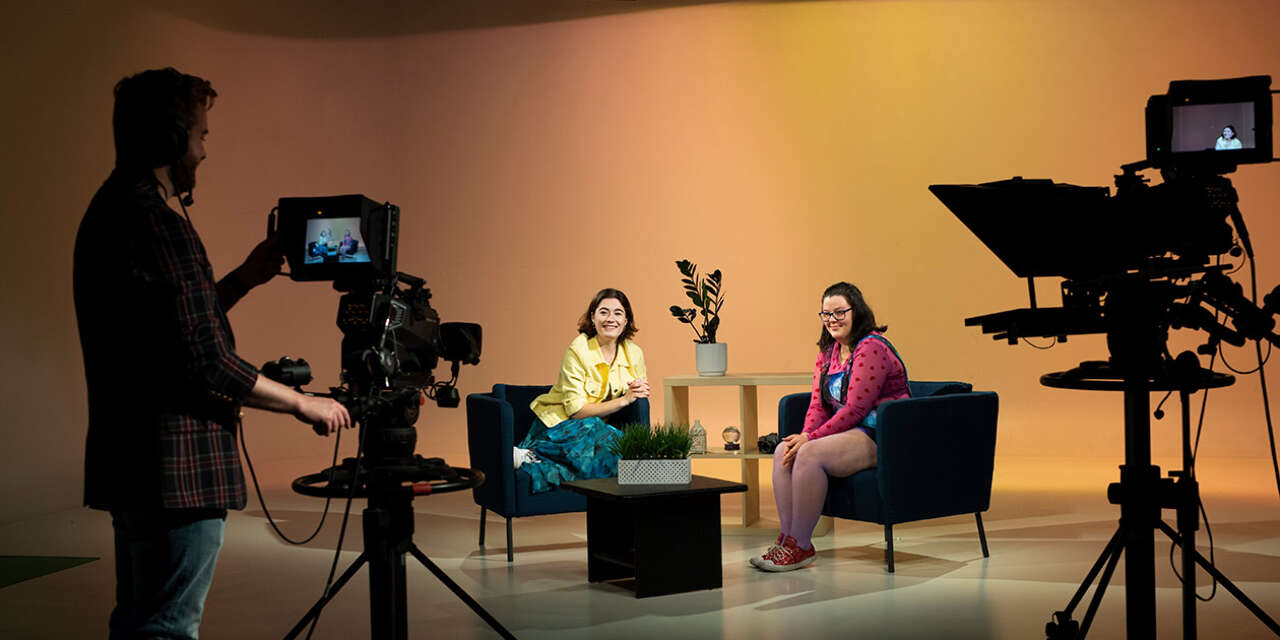Overview
Overview
Curtin has a reputation for producing highly skilled journalists able to research, investigate and report on topics across mainstream and independent media platforms.
In this major you will learn to research and prepare news, feature and other content for radio, video and online platforms.
(If you’re interested in studying additional communications fields such as web media, marketing or graphic communication, consider the Bachelor of Communications.
You’ll learn theory and practical skills from staff with strong industry experience and connections.
During your studies you'll use industry-standard media facilities and platforms. These include our media production studio, Curtin FM radio and the student online news publication, Western Independent.
You may also complete a professional placement unit, which provides valuable opportunities to undertake work experience with potential employers.
Journalism is offered as part of the Bachelor of Arts. You can enhance your studies with a second major or choose from a range of specialisations and elective units that support your career goals.
You can also study this major as part of a Bachelor of Laws, Bachelor of Arts or Bachelor of Arts, Bachelor of Commerce double degree.
How this course will make you industry ready
This course includes many practical units that will prepare you to produce your own journalism. You'll have the opportunity to publish work on our news website, Western Independent, and to develop a portfolio of journalism to present to prospective employers.
Curtin Journalism has formal partnerships with all major media organisations in Western Australia, and many students receive internships during their final year of study.
What jobs can the Journalism course lead to?
Careers
- Journalist (online, video, radio)
- Media presenter
- Communications officer
- Public relations consultant
- Media relations consultant
- Digital media officer
Industries
- Media
- Business
- Government
What you'll learn
- identify, explain and apply key disciplinary concepts in Journalism
- integrate theory and creative practice; conceive, develop and evaluate news content and media production
- access and evaluate the sources, authority and relevance of information, and synthesise key facts, themes, and ideas in creating journalism
- communicate ideas to a range of audiences and in a variety of media
- use technologies to communicate effectively and develop journalistic skills
- engage with new forms of journalism and ensure an ongoing commitment to reflective practice
- acknowledge the interrelationship between local, national, and global perspectives and the impact of these on journalism and the media
- demonstrate respect for cultural diversity in professional life
- work independently and collaboratively within the ethical and legal parameters relevant to journalism in the pursuit of excellence


